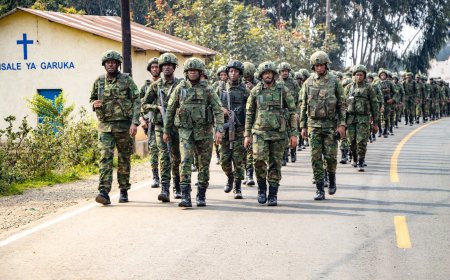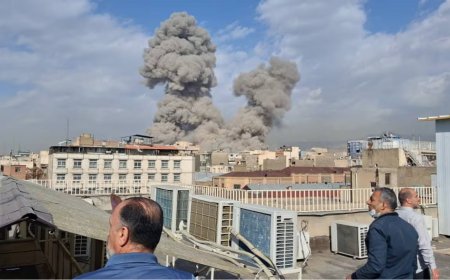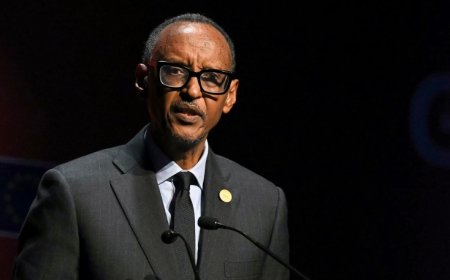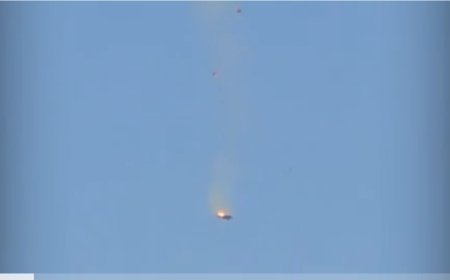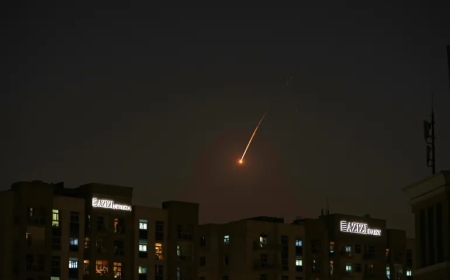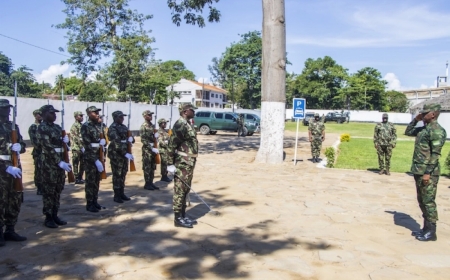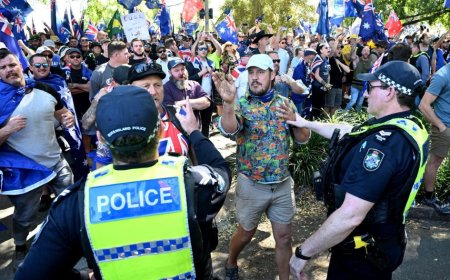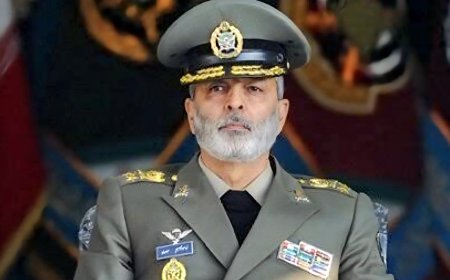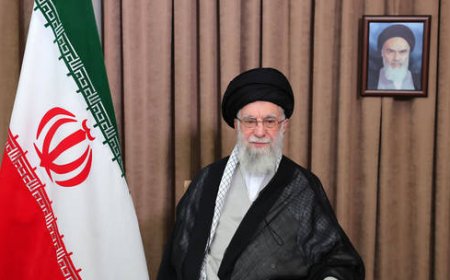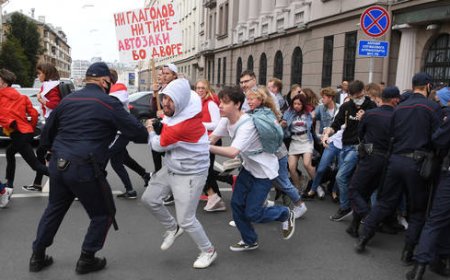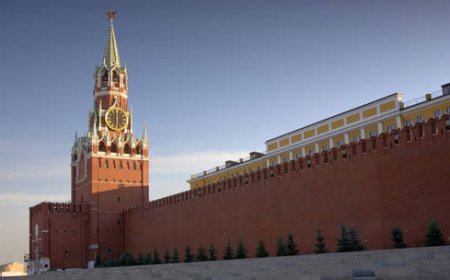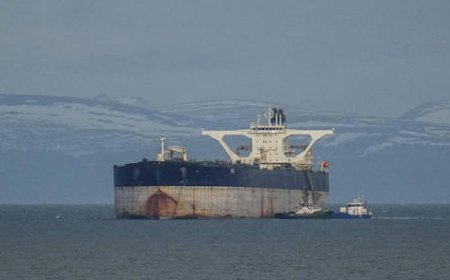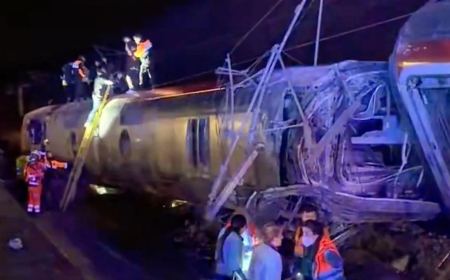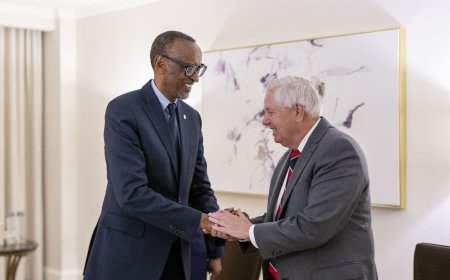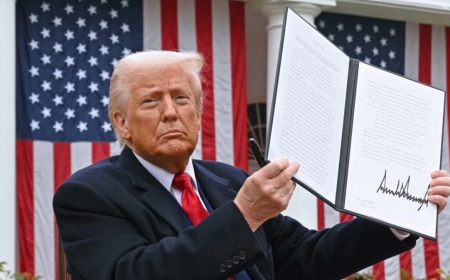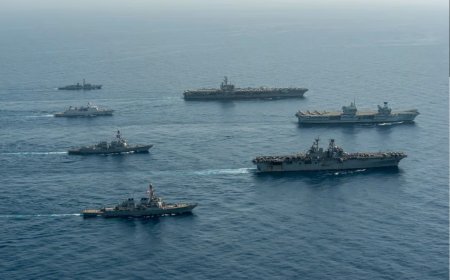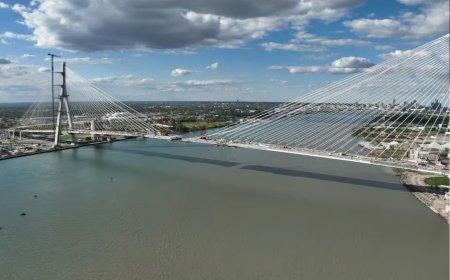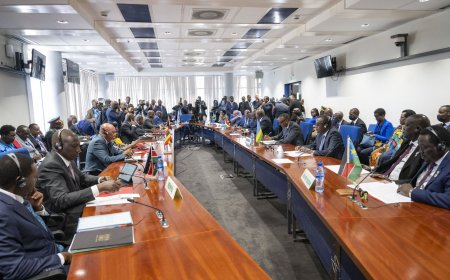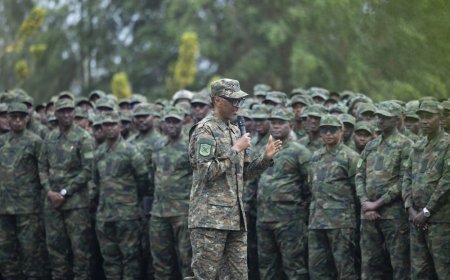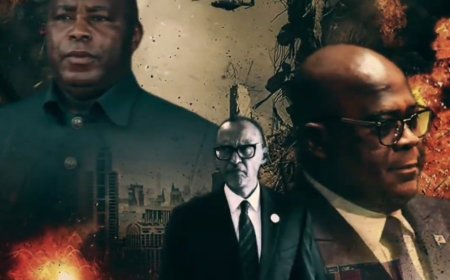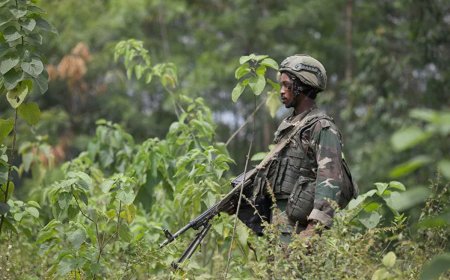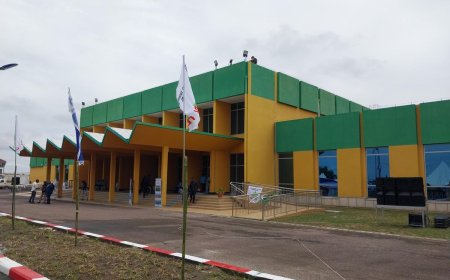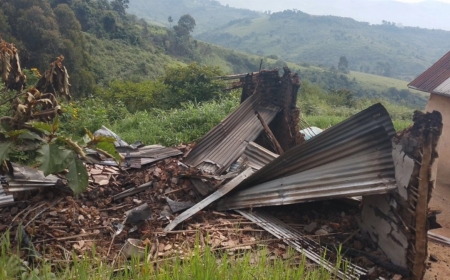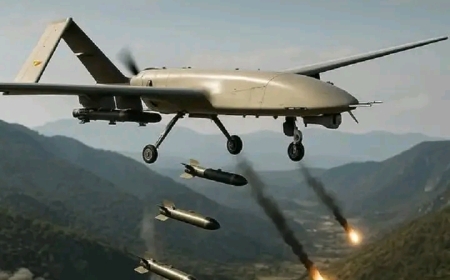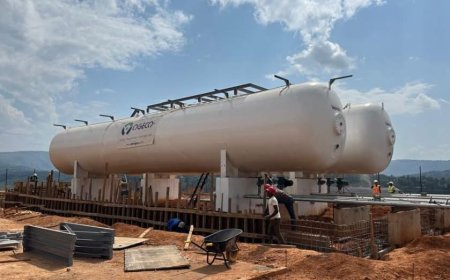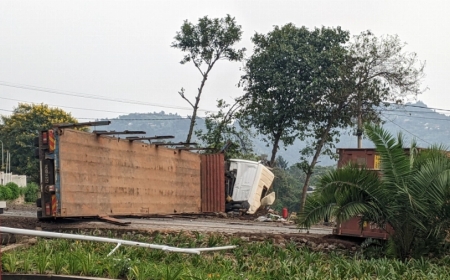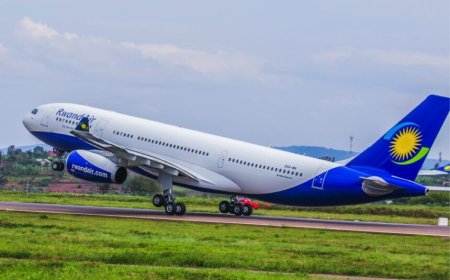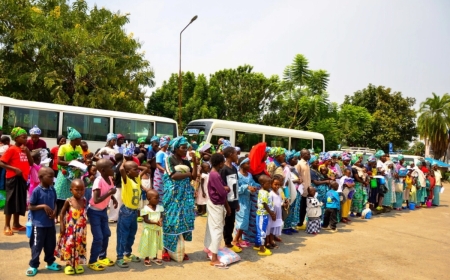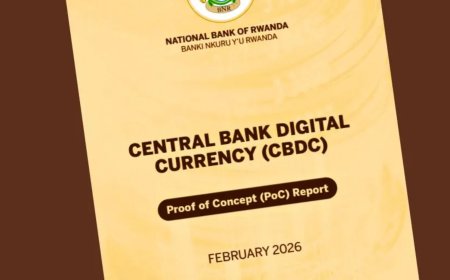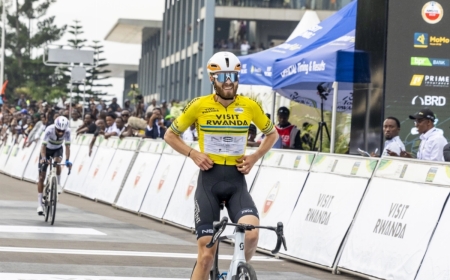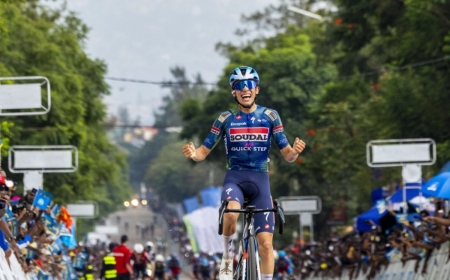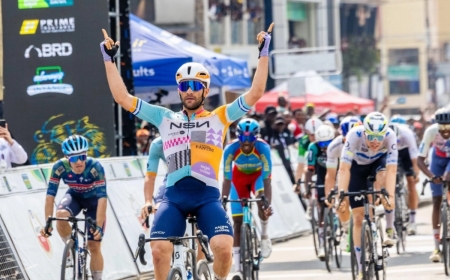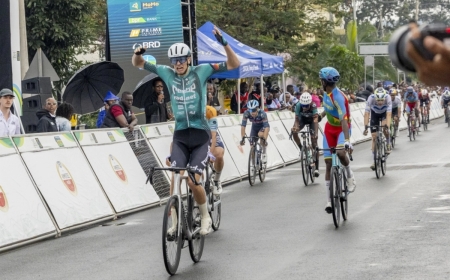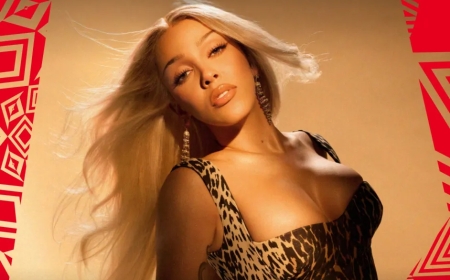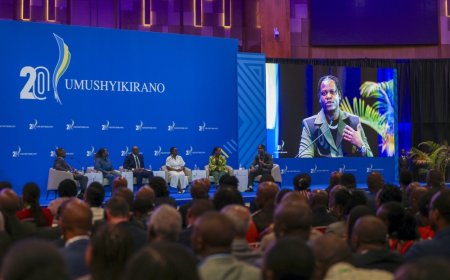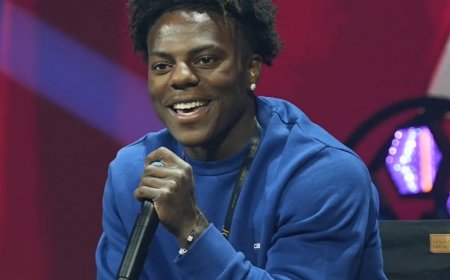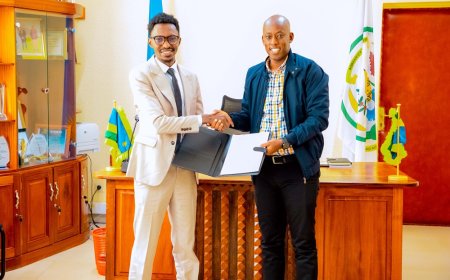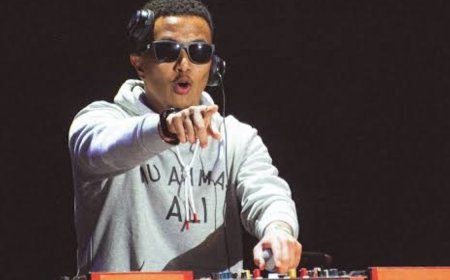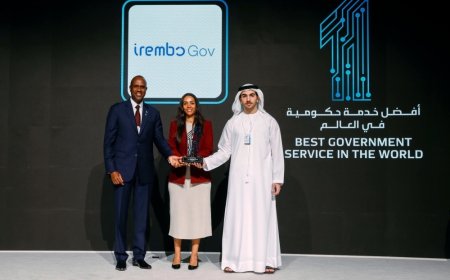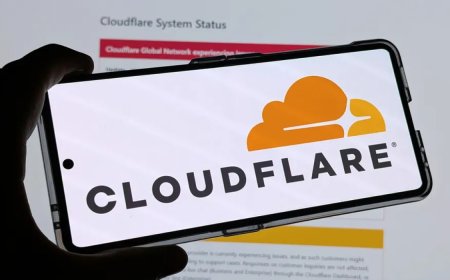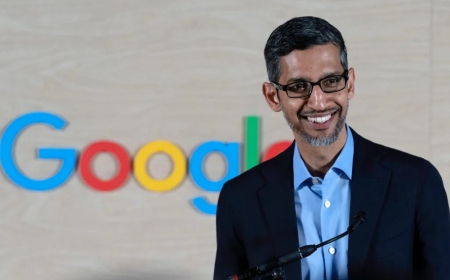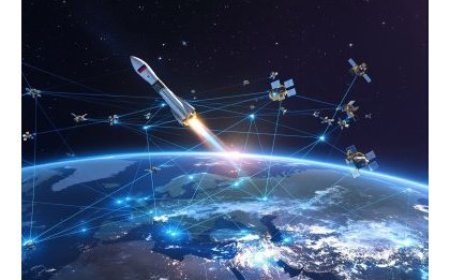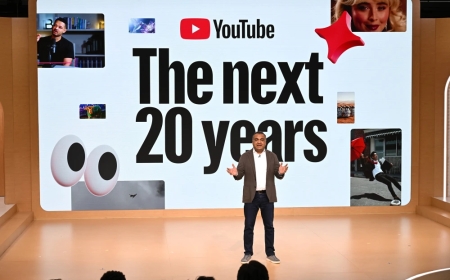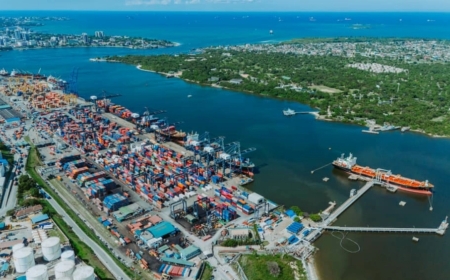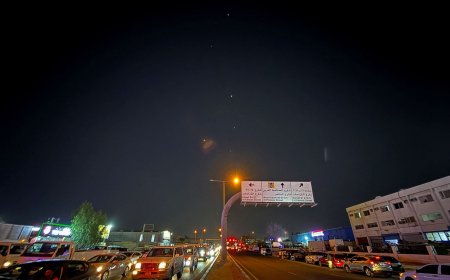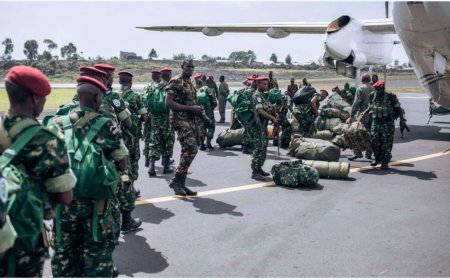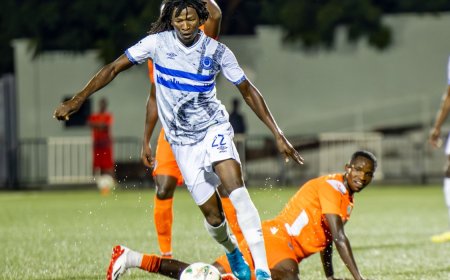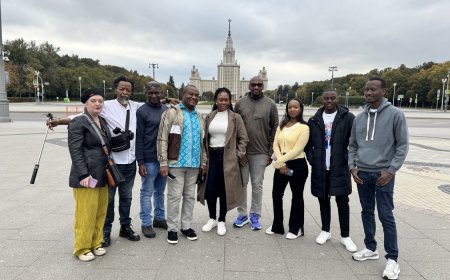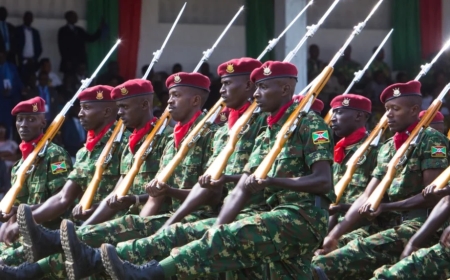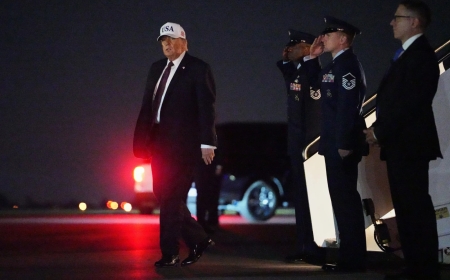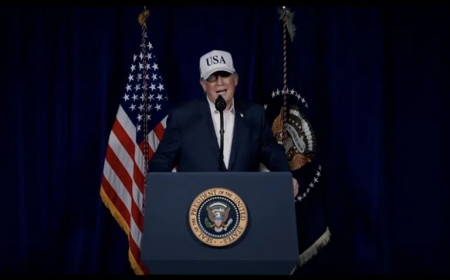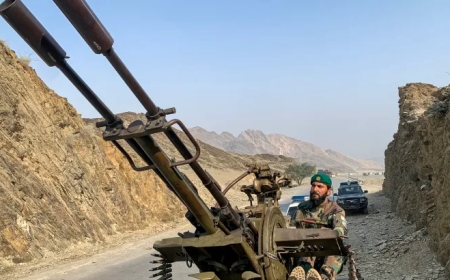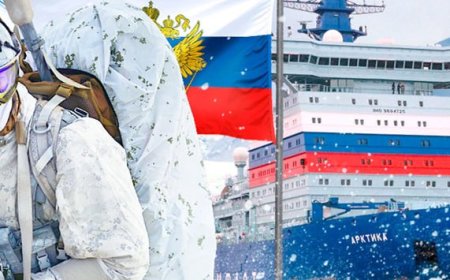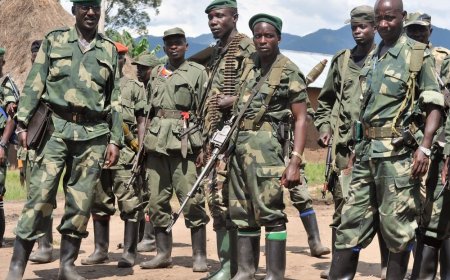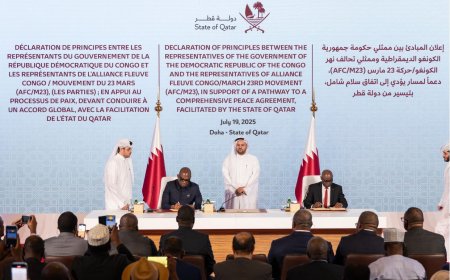Rwanda, DR Congo, and the Western media machine
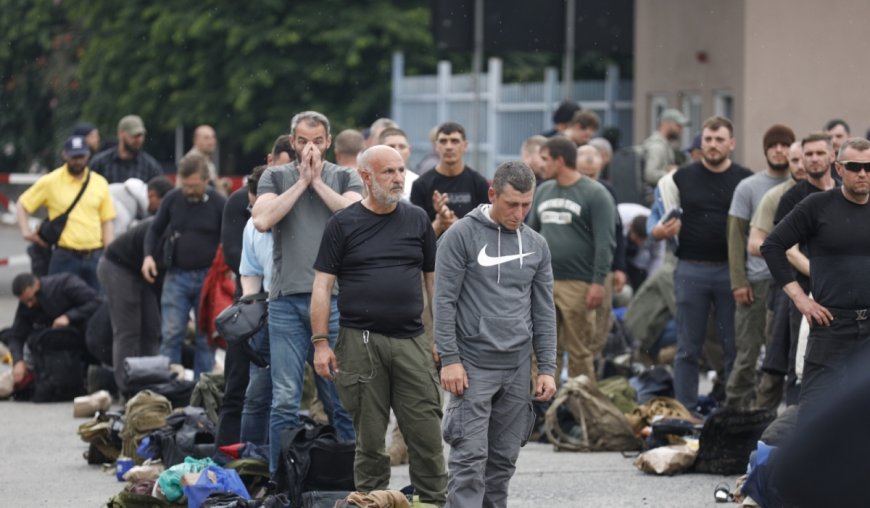
The modern history of Africa’s Great Lakes is not only about war — it is about the battle over who controls the narrative. In the post-genocide era, Rwanda’s struggle is not solely against armed militias, but against the version of events written about it.
A friend of mine abroad, enamored with all things Western, once told me Rwanda could never match countries where “the press is free and professional.” In his view, Western media set the gold standard for truth, while Rwanda’s government supposedly “controls” information.
My answer was straightforward: that is a narrow view of how the world works. Western media, much like the religions spread during colonialism, often serve the interests of the powerful. Their “moral compass” shifts to fit those interests — condemning some atrocities as unforgivable while enabling or excusing others when politically convenient.
In 1994, during the Genocide against the Tutsi, Western powers not only failed to act, but allowed — even facilitated — the génocidaires to regroup in Zaire (now DR Congo). These forces were propped up with millions of dollars in so-called humanitarian aid, much of it ending up in the hands of the perpetrators themselves. Rwanda’s pleas to dismantle these groups went unheard. Cross-border attacks forced Kigali into action, sparking the First Congo War. Yet the prevailing Western narrative was not about Rwanda’s right to defend itself, but that it had “invaded” Zaire.
This is how the media–NGO nexus works: align with certain interests, fix the narrative, and filter Africa’s stories through a lens that protects those interests. For the Great Lakes, that meant casting Rwanda not as a recovering nation determined to escape permanent dependency, but as the “villain” of the region.
The pattern has persisted for three decades. Rwanda’s post-genocide transformation — from a country declared “clinically dead” in 1994 to a continental leader — is often downplayed or distorted. Western reporting prefers to dwell on the “iron hand” of its leadership, ignoring its stability, absence of electoral violence, and the context behind its political results. Armed groups such as Paul Rusesabagina’s FLN or Victoire Ingabire’s FDLR are romanticized as pro-democracy forces, despite their terrorist records.
Meanwhile, in eastern DR Congo, hundreds of thousands of Congolese Banyarwanda have lived as refugees since the genocidal forces crossed into Zaire. The UN’s largest peacekeeping mission — deployed since 1999 at enormous cost — has not brought peace. It has overseen the proliferation of armed groups from four to over 250 by 2022. When targeted communities armed themselves in self-defense, the global conversation reduced the conflict to one accusation: Rwanda must be behind it.
Recent headlines have reached new extremes. Rwanda, we are told, is in DR Congo “for the minerals” — as if a nation investing heavily in governance, security, and foreign partnerships would jeopardize it all for the meager returns of mineral smuggling. This theory survives because it is repeated, not because it is tested against facts.
The double standards are striking. Reuters recently claimed AFC/M23 rebels “slaughtered more than 300 people,” citing only a single UN human rights staffer based in Kinshasa, 2,600 kilometers away from the alleged massacre site. Geneva amplified the accusation and, predictably, pointed a finger at Rwanda. This fits a well-worn pattern: suspicion of Rwanda rooted less in evidence than in entrenched bias.
The timing is telling. A fresh peace deal — signed in Washington with backing from the Trump administration — and direct Kinshasa–AFC/M23 talks supported by Qatar offer real potential for progress. But those excluded from the process would rather see it collapse. Undermining Rwanda is part of that agenda.
The lesson is stark: in the case of Rwanda and DR Congo, much of what passes for “news” in the West is less about truth than about manufacturing consent for policies that keep Africa divided, dependent, and weak. Until that cycle is broken, the same people will remain victims — and the same voices will keep telling their story.
The author is a veteran journalist with deep expertise on the Great Lakes Region.
